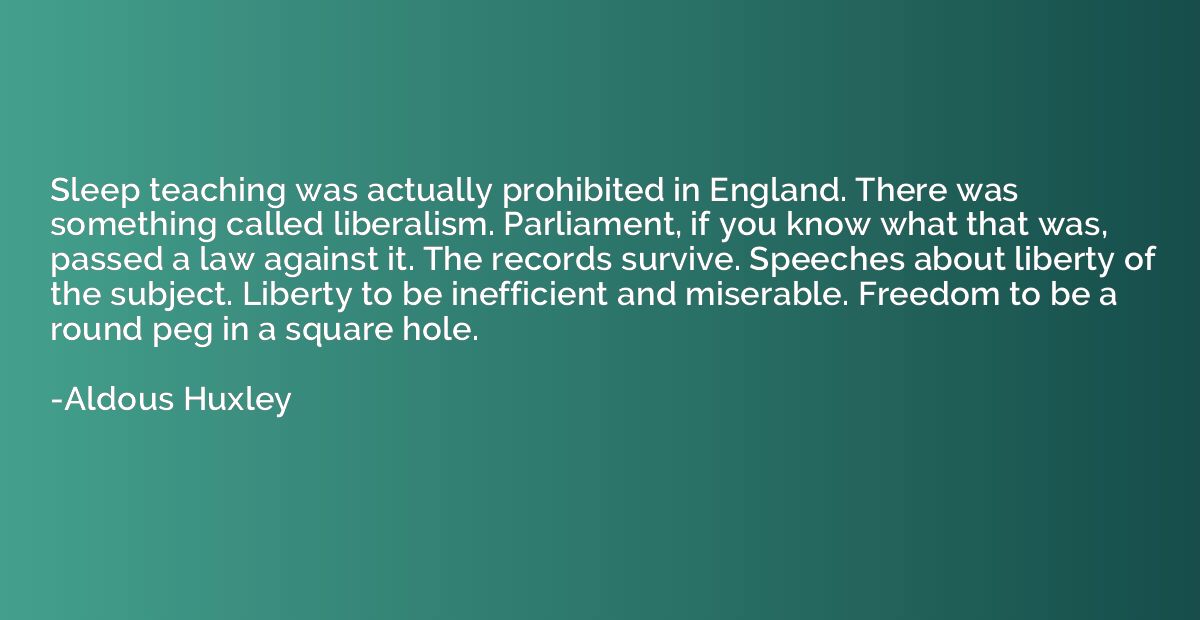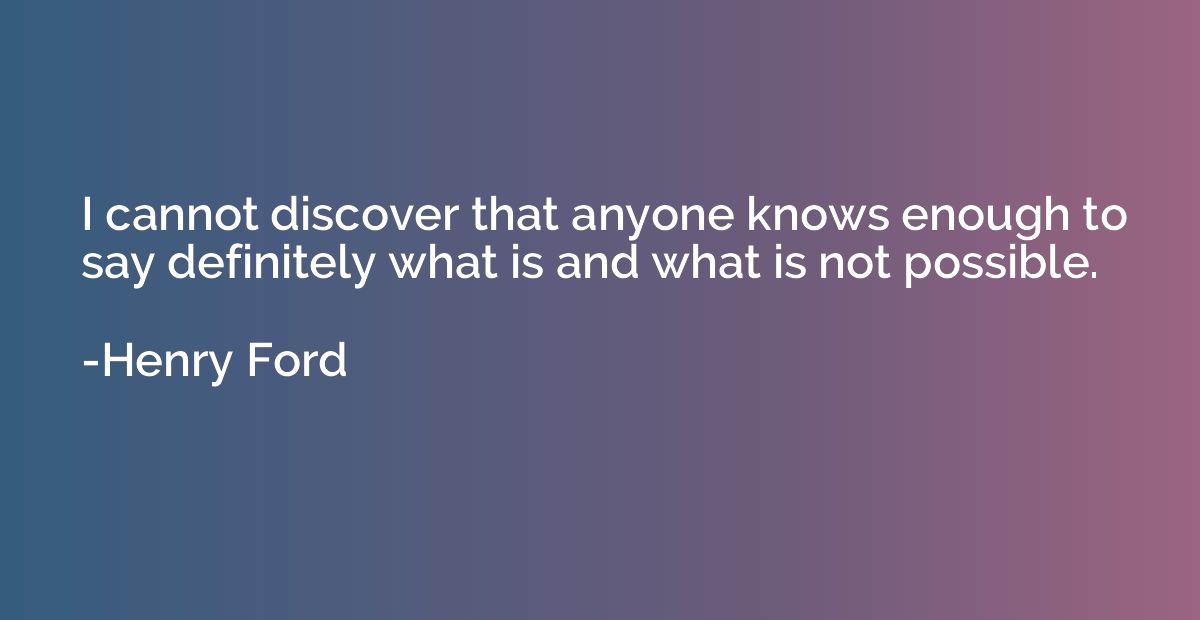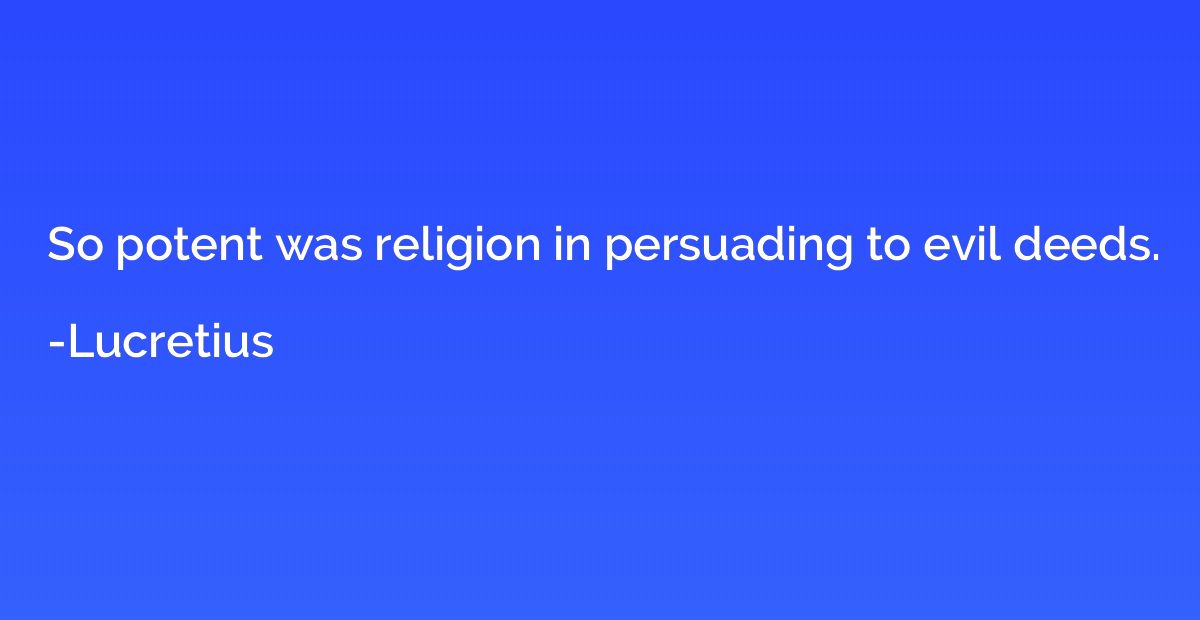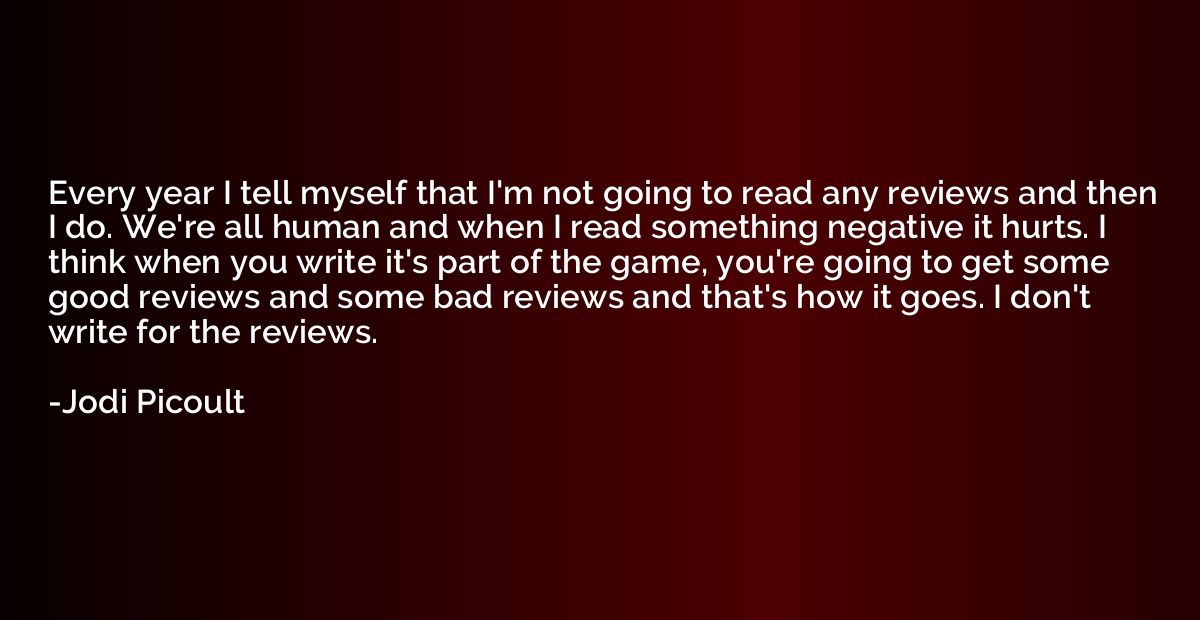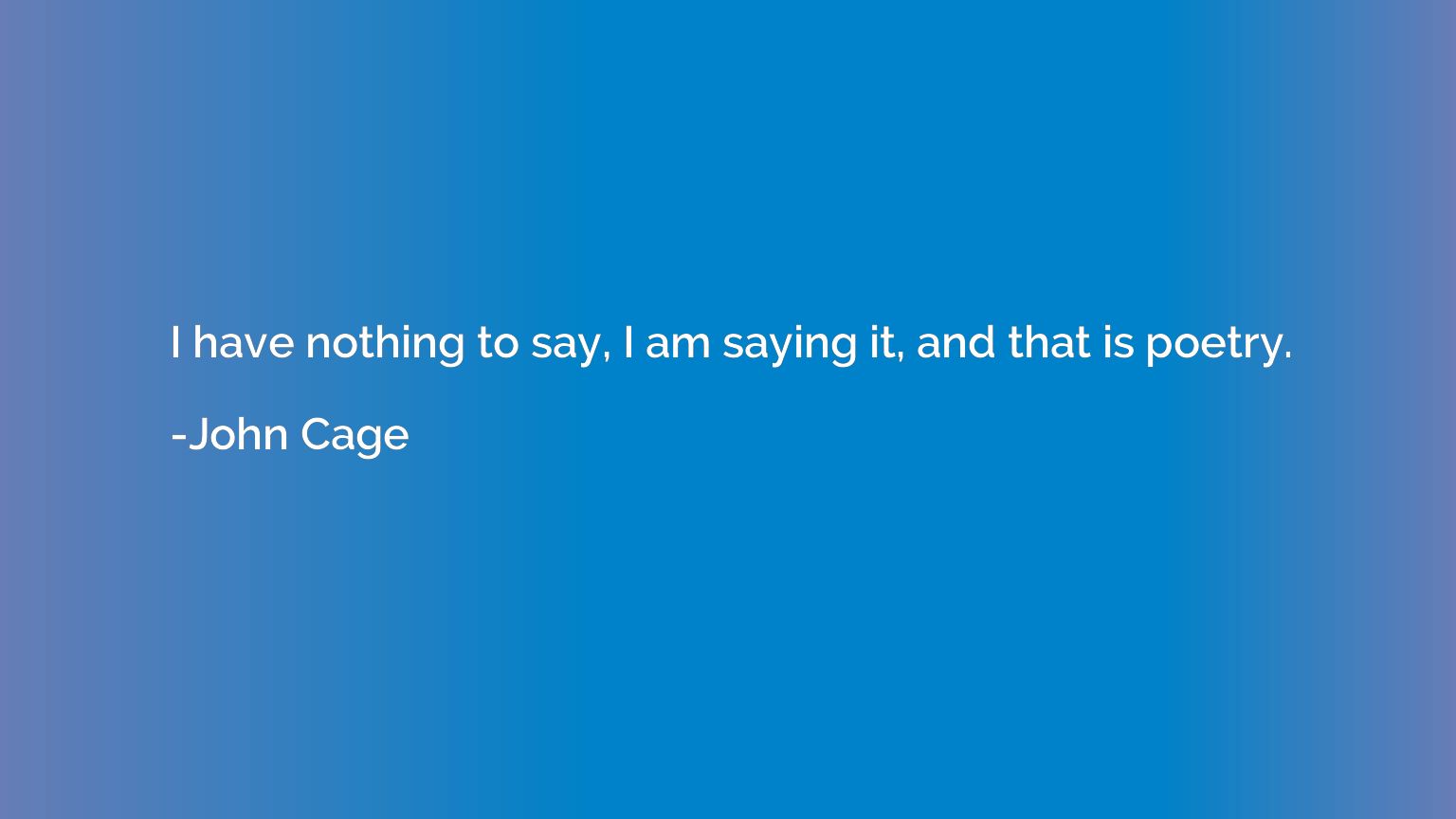Quote by Marcus Tullius Cicero, Marcus An
Nothing in oratory is more important than to win for the orator the favour of his hearer, and to have the latter so affected as to be swayed by something resembling an impulse of the spirit impetu quodam animi or emotion perturbatione, rather than by judgment or deliberation. For men decide far more problems by hate, or love, or lust, or rage, or sorrow, or joy, or hope, or fear, or illusion, or some other inward emotion aliqua permotione mentis, than by reality or authority, or any legal standard, or judicial precedent or statute.
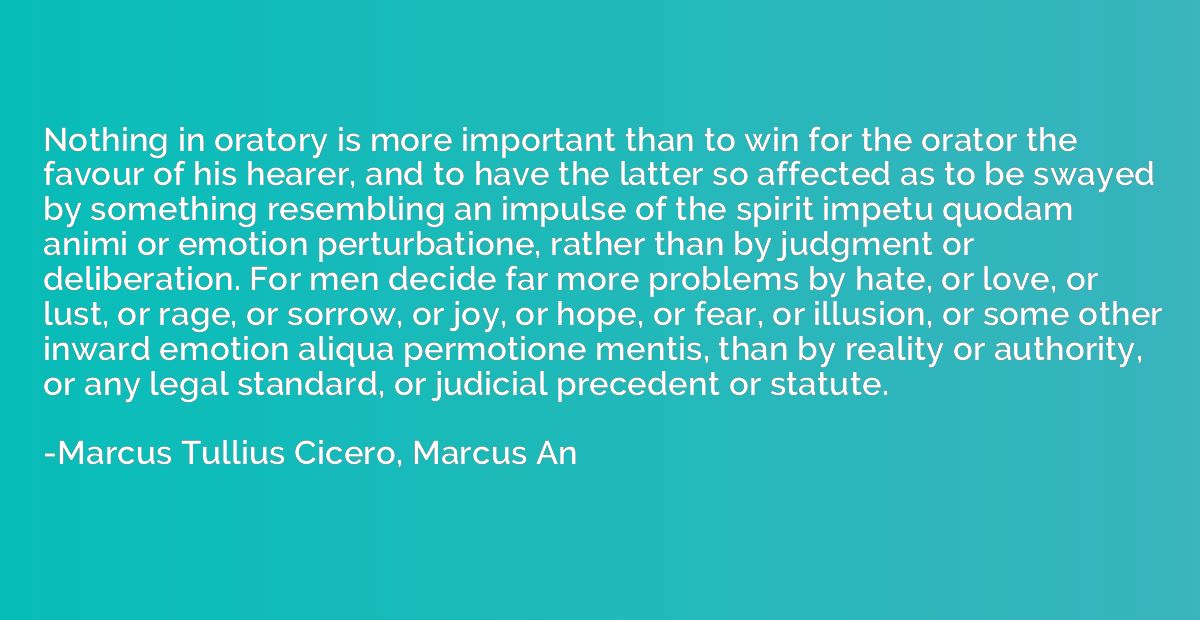
Summary
This quote emphasizes the importance of emotional persuasion in oratory. It suggests that an orator's success lies in winning the favor of the audience and evoking inner emotions that can influence their decisions. The quote highlights that human beings are often more inclined to make judgments based on their emotions like love, hate, joy, or fear, rather than relying solely on rational judgment or external authorities in decision-making.









